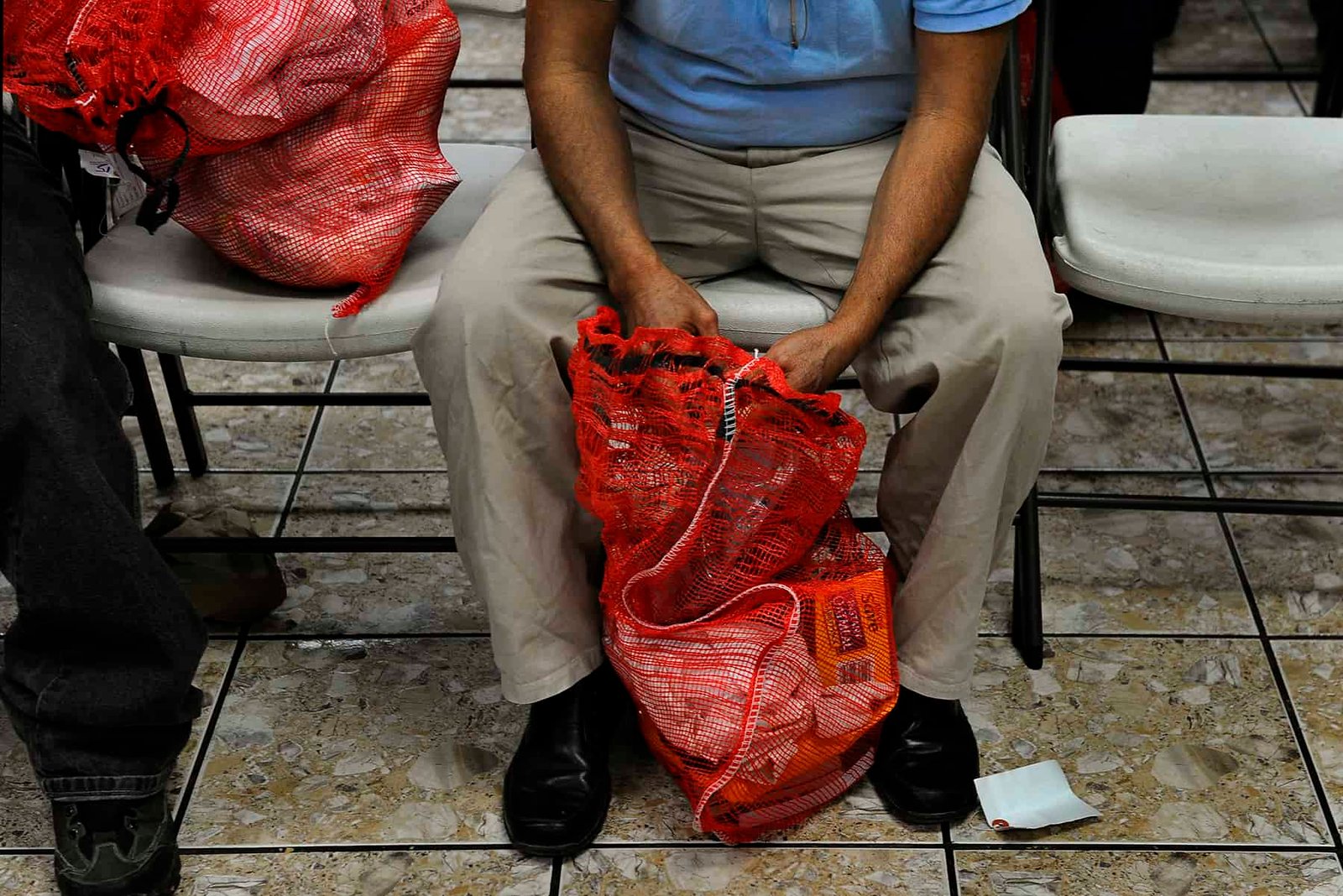Migration in the region is undergoing a shift, marked by the mass return of migrants from the north to the south of the continent. This trend was documented in a report by a commission formed by the Office of the Ombudsman of Costa Rica and the Ombudsmen’s Offices of Panama and Colombia, with support from the Office of the United Nations High Commissioner for Human Rights (OHCHR).
The report examined reverse migration along the Costa Rica-Panama-Colombia corridor, highlighting protection challenges and the urgent need for a regional humanitarian response. From January to August 2025, more than 14,000 people returned from Mexico and the United States to Colombia. This contrasts with a 97% decrease in northbound migration flows compared to 2024.
According to Colombia’s Ombudsman, Iris Marín Ortiz, the shift is driven by stricter U.S. immigration policies and new transit restrictions in the Darién jungle. “The impossibility of entering the U.S., the fear of detention, deportation, and the exhaustion of resources are forcing thousands of people to return, without the freedom or adequate information to make a decision,” she said.
The main reasons for returning included:
- Refusal of entry to the United States (49%)
- Changes in immigration policy (46%)
- Fear of detention or deportation (17%)
- Lack of financial resources (34%)
The report is based on 182 direct testimonies from migrants—97% of whom are Venezuelan, with many being women and children in vulnerable situations.
The findings underscore increased risks for women and girls, including sexual violence, trafficking, and discrimination. “In places such as Miramar (Panama), Paso Canoas, and areas of the Caribbean and Pacific coast of Colombia, they sleep in parks, abandoned houses, or makeshift spaces, exposed to abuse and exploitation,” the commission warned.
Eighty-six percent of those interviewed reported either experiencing or knowing someone who had experienced violence while crossing the Darién. Reports of kidnappings, extortion, and robberies also surfaced in Mexico and Guatemala. The commission found a severe lack of humanitarian assistance in areas like Colón and Puerto Miramar, where migrants face high travel costs, poor living conditions, and violence.
Mistrust of authorities further compounds the crisis: 76% in Panama, 75% in Colombia, and 42% in Costa Rica did not report acts of violence due to fear or lack of trust in institutions. The report also identified transnational migrant smuggling networks operating across Costa Rica, Panama, and Colombia, charging up to $280 per person for dangerous sea crossings.
“It is time to strengthen regional cooperation and international support. Only through joint action can we prevent abuse and treat migrants and refugees with dignity,” said Andrés Sánchez Thorin, UN Human Rights representative for Central America.




